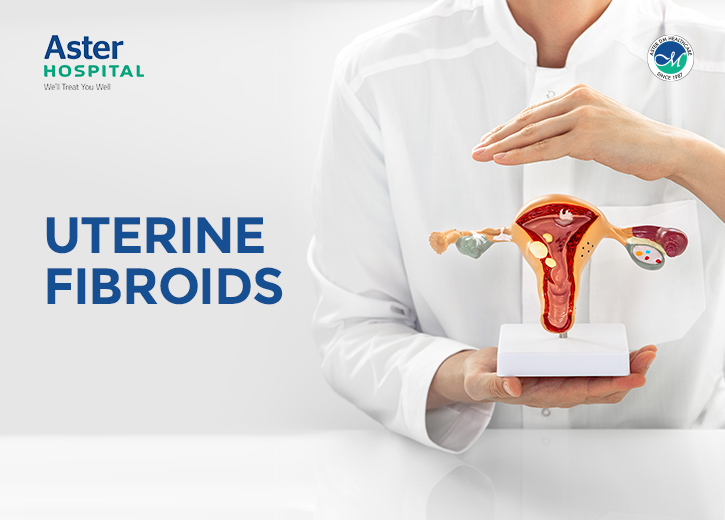They are non-cancerous growth of the uterus that usually appear in women of childbearing age (30-40 years old), but they can affect people of any age. Myomas or fibromas is the other name of uterine fibroid.
However, you don’t need to worry about uterine fibroids because it doesn’t increase the risk of experiencing uterine cancer. The size of a fibroid can range between seedlings (not visible to the naked eye) and bulky masses that can change the size of the uterus.
Generally, people experience single fibroid or multiple ones. In rare cases, multiple fibroids can expand and become bulky.
To know more about the condition, always visit the best gynecologist in Dubai.
Causes of uterine fibroids
The exact cause of uterine fibroids is unknown. However, according to researchers and other clinical expertise, these are the factors that cause uterine fibroids:
Genetics
According to researchers, genetics may play a role in the development of fibroids.
Hormones
These two hormones, namely estrogen and progesterone are responsible for thickening the lining of the uterus every month during periods. They appear to promote the growth of fibroids. Furthermore, fibroids tend to shrink during menopause.
What are the other risk factors associated with uterine fibroids?
These are the factors that can contribute towards the development of uterine fibroids:
-
Experiencing periods at a young age
-
Too much use of birth control pills
-
Alcohol
-
Age
-
Race
-
Excessive consumption of red meat
-
Vitamin D deficiency
Symptoms of Uterine Fibroids
-
Lower back pain or pelvis pain
-
Increased urination
-
Heavy menstrual bleeding
-
Periods lasting more than a week
-
Leg pain or cramps
-
Constipation
-
Pain during sex
-
Abdomen swelling
Diagnosis
Sometimes, doctors can detect uterine fibroids during a regular pelvic exam. If they find some abnormalities in the uterus, then they will recommend tests such as
Ultrasound
This test will use sound waves to take pictures of the uterus. A device is placed inside the vagina or on the abdomen to click the pictures.
Lab tests
Here, doctors will conduct blood tests to determine the cause of uterine fibroids. A complete blood count (CBC) test will determine whether someone has anaemia or other bleeding disorders.
MRI
MRI will be conducted by the doctor if they need more information after an ultrasound. It usually shows more detailed images of fibroids and can give clarity to doctors regarding treatments.
ASTER Hospitals is one of the best gynaecology hospitals in Dubai. You can visit the hospital if you experience any problem related to your uterus.
Treatments
You may or may not need treatment if you experience uterus fibroids. Treatments depend upon fibroid growth.
Some of the treatments include
-
Medications
-
Non-invasive or minimally invasive procedures
-
Surgery (myomectomy, hysterectomy, etc.)
Some of the home remedies against uterine fibroids include
-
Yoga
-
Massage
-
Acupuncture
Can uterine fibroids be prevented?
No, you can’t prevent the condition. However, researchers tell that you can reduce your chances of experiencing uterine fibroids by changing lifestyle habits. Regular exercise also may prevent uterine fibroids.



